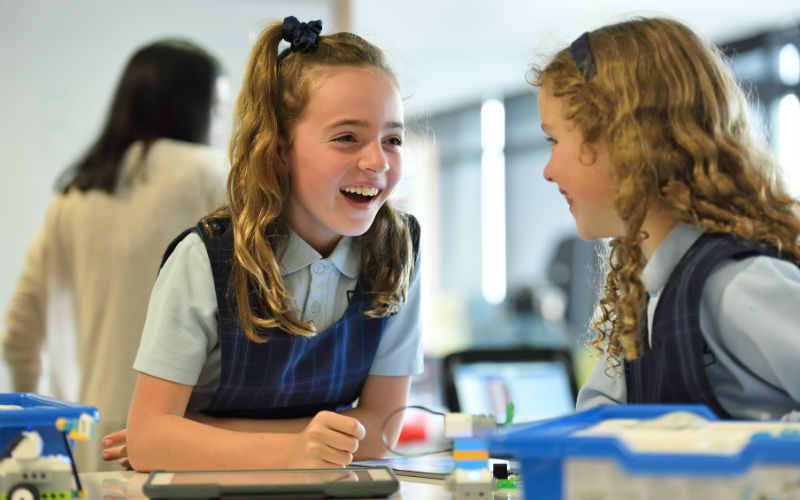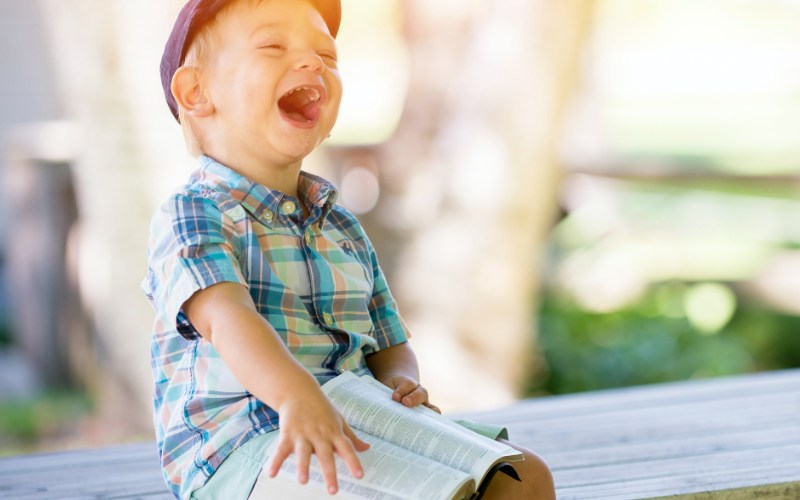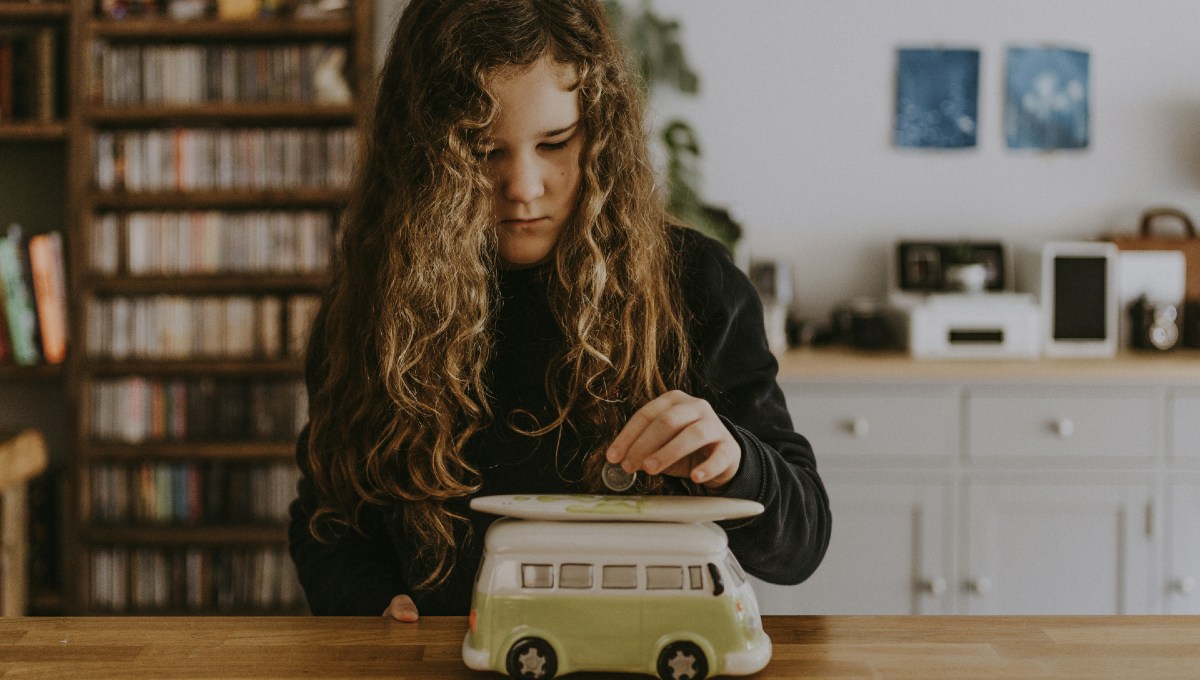New data from RACQ reveals one in three children are having to go back to school without necessary items because they're too expensive for the stretched family budget.
On average, families are spending more than $3,500 per child when factoring in school fees, iPads and computers, books, uniforms and other items.
“It’s concerning many Queensland parents are struggling to pay for back-to-school expenses,” RACQ Bank Spokesperson Lucinda Ross said.
“While more than half do set a budget for these school expenses, nearly 40% are adding to their credit card bill or signing up for a payment plan to get by.
“Using credit or payment plans can provide short-term relief from purchasing an item, but it does mean families are setting themselves up for future financial stress.”
RACQ's data is supported by a similar study conducted by YouGov on behalf of Big W several weeks ago, which found Australian parents are forking out a combined $3.8 billion in back to school costs.
According to Big W's report:
- Millennial parents (88%) are most likely to experience back to school stress compared to Gen X parents (85%) and Baby Boomers (72%)
- 46% of parents have admitted to doing last-minute school shopping
- The biggest benefits of doing early back to school shopping are peace of mind (62%) and having more time look for better deals (51%)
- Affordability (54%) and quality of products (43%) are the most important things for back to school shoppers
- One in five (22%) value being able to shop for back to school items online
Ms Ross says many retailers are still promoting back to school sales and discounts, so families are still encouraged to shop around for items within their budget.
“Start saving early in the year for the following year’s back to school costs to ensure you’re prepared for any unplanned expenses that might arise,” she said.
“Take advantage of those back to school sales but make sure you also reuse items or buy second-hand where possible.
“If you can, purchase using cash or debit and set aside any money saved for next year.”
How to save on back to school shopping
In Big W's report, financial expert and author Joel Gibson provides the following tips on curbing back to school spending, now and in the future.
Tip #1: Plan in advance
“The research shows that early shoppers spend less. And I’m not surprised. Just as you would with any other big ticket item - like a holiday or a new computer, do your research, look around and compare brands and prices."
"You’ll be surprised at the savings that can be made by shopping early - both on your hip pocket as well as your mental load by ticking off your to-do list!”
Tip #2: Shop solo
“To curb unnecessary spending, consider teaming up with another parent and shop for both families whilst the other one holds down the fort. And please, repeat this mantra after me: ‘I will not make impulse buys, I will not make impulse buys!"
Tip #3: Shop online
“A third of families are shopping online for back to school essentials which is a brilliant strategy for those wanting to stick to the essentials on the list. I suggest doing some internet browsing with your kids first so they know what you’re planning to buy."
"In store Pick-up options are another great way to save on any delivery costs - you can also avoid the crowds.”
Back to school online shopping increased 9% from 2019 to 2020.
Tip #4: Try something called 'before pay'
"Some will use ‘Buy Now Pay Later’ services such as AfterPay to cover the cost. For next year, I suggest you try a new service - it’s called ‘before pay’."
"Here’s how it works: write ‘before pay’ on a large jar, stick $10 in it every week and by next January, you’ll have $520 and Back to School will be a breeze!”
Back to school dates in Australia
If you're still trying to cram in some last minute shopping and no longer know what date it is, here's when schools go back in Australia this year:
- ACT: Monday 3 February
- NSW: Tuesday 4 February
- NT: Tuesday 28 January
- QLD: Tuesday 28 January
- SA: Tuesday 28 January
- TAS: Wednesday 5 February
- VIC: Tuesday 28 January
- WA: Monday 3 February



 Denise Raward
Denise Raward

 Harry O'Sullivan
Harry O'Sullivan
 Rachel Horan
Rachel Horan
 Harrison Astbury
Harrison Astbury

